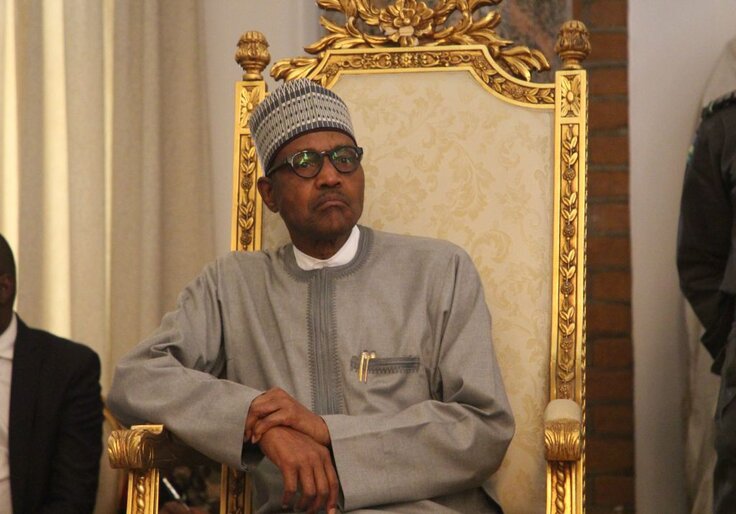The Nigerian government's crackdown on Twitter is prompting concerns from national security experts who say it signals insecurity in an African country that could give a foothold to Islamic extremist groups and other foreign influencers.
Nigeria suspended Twitter's operations in its borders on June 4 after the social media giant deleted one of President Muhammadu Buhari's tweets. Twitter said Buhari's tweet constituted abusive behavior toward the Igbo ethnic group.
Noel Twagiramungu, the director of the Leadership & Governance Policy Lab at the Africa Center for Strategic Progress, noted that the Nigerian government's heavy-handed response reflects Buhari's waning support in the country, following a series of protests. The power vacuum could bolster extremist groups, which have already begun providing social services in more rural areas.
"[Extremist groups] were really addressing fundamental problems, and so very ironic, in some parts of Nigeria and Cameroon. They were actively delivering services to populations, wherever the government was unable," Twagiramungu said.
The news of Twitter's ban has already drawn a rebuke from the Biden administration. A State Department spokeswoman said officials are monitoring the situation.
"We are also gravely concerned by the Nigerian government's June 5 directive to federal prosecutors to arrest and prosecute anyone using Twitter. Banning or significantly restricting social media, including under threat of prosecution, undermines Nigerians' human rights and fundamental freedoms," the agency said in an email. "Societies are strengthened by expressions of opinion and dissent, including through the Internet. Freedom of expression plays an important role in ensuring more tolerant and inclusive societies."
Nigeria's embassy in the United States did not respond to requests for comment. Nigerian information and culture minister Lai Mohammed told AFP news agency that the ban will end only when Twitter is "licensed by the broadcasting commission" and agrees "not to allow its platform to be used by those who are promoting activities that are inimical to the corporate existence of Nigeria."
A Twitter spokesman declined to comment on the ongoing blackout, instead pointing to a company statement condemning the Nigerian government for denying its citizens "an essential human right."
"We are deeply concerned by the blocking of Twitter in Nigeria," the statement said. "We will work to restore access for all those in Nigeria who rely on Twitter to communicate and connect with the world."
The ban on Twitter comes at a time of unrest in the country. Demonstrators in October took to the streets in protest of the Special Anti-Robbery Squad, which was created to combat violent crime but has been accused of crimes of its own. Buhari, who served as de facto dictator of the nation from 1983 to 1985, was elected president in a 2019 election that had numerous voting irregularities.
Michael Rubin, an American Enterprise Institute scholar, said there are already warning signs about Nigeria's vulnerability to extremist groups and other independent threats. The nation's shores have already become a "locus of piracy in the world" after shifting from Somalia in the past decade. The country's targeting of Twitter demonstrates weakness.
"Whenever a government tries to cut off communications. That's a sign that they don't have self-confidence in their own stability and security," Rubin said.
Extremism and piracy are not the only concerns in the region. China invests heavily in the country, pumping $16 billion into the oil and gas industry. Twagiramungu expressed concern about the economic influence of China and the other foreign powers in the country. Nigeria is a major regional player in Africa: It has the largest population on the continent and is the leading producer of oil in the area. The country's population is also one of the youngest in the world, leading some experts to predict that its influence on the world stage will grow as its workforce matures. Meanwhile, industrialized nations in Europe and Asia face labor shortages and rising health care costs from aging populations.
The White House did not respond to a request for comment.
